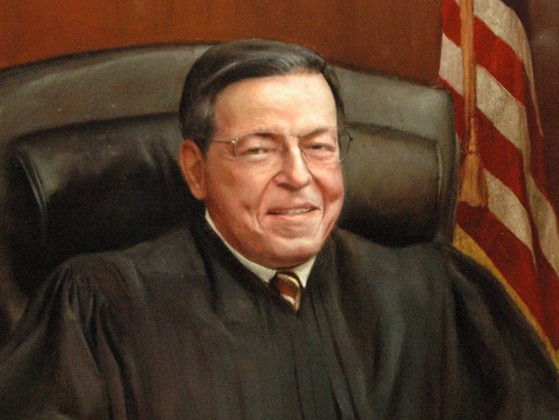A federal judge has upheld Puerto Rico’s traditional marriage law, bucking the recent trend of federal courts to strike down state laws enshrining traditional marriage. District judge Juan M. Perez-Gimenez, a Carter appointee, delivered a ruling that relied on a conservative reading of the Constitution and legal precedent, and created the potential for a split among the U.S. circuits that could prod the Supreme Court to take up the question in future.
Earlier this month, the Supreme Court declined to take up the issue of the constitutionality of gay marriage, despite requests from both sides of the issue that it do so. One reason that it is thought to have denied review is that there is not yet a split among the U.S. Courts of Appeals, which have thus far agreed to strike down state traditional marriage laws. If the First Circuit upholds the Puerto Rico ruling, a split would suddenly emerge.
In an elegant decision handed down Tuesday, Perez-Gimenez relies on two basic arguments. First, he notes that the U.S. Constitution is silent on marriage, thus reserving authority over marriage to the states–and adds that a 1972 precedent to that effect in Baker v. Nelson, which other courts have considered void, still holds. Only the Supreme Court, Perez-Gimenez says, may overturn Baker–and to this date, he notes, it has declined to do so.
Second, Perez-Gimenez notes that last year’s twin rulings in the celebrated U.S. v. Windsor and Hollingsworth v. Perry do not actually void state powers to ban gay marriage. Hollingsworth v. Perry, he notes, was dealt with on procedural grounds, and though Windsor struck down the federal Defense of Marriage Act, it “reaffirms the States’ authority over marriage, buttressing Baker‘s conclusion that marriage is simply not a federal question.”
Judge Perez-Gimenez leaves substantive questions about marriage for his conclusion, which is likely to be the most controversial part of the decision, but presents the case for traditional marriage as well as it has been put forth anywhere in recent years. Perez-Gimenez notes the “centuries”-old principle that “the very survival of the political order depends upon the procreative potential embodied in traditional marriage” (emphasis added).
Furthermore, Perez-Gimenez notes, gay marriage activists have not explained how their logic, using the Equal Protection Clause, would preclude polygamy or incest. Such questions do not arise from “cruel discrimination and ridicule,” he says, but are legitimate and demand that proponents of a “right” to gay marriage “render reasons justifying the change and articulate the principles that they claim will limit this newly fashioned right.”
The plaintiffs in the case have appealed to the First Circuit, according to SCOTUSblog. Since the Hollingsworth and Windsor rulings in June 2013, federal courts been “near-unanimous” in their rejection of traditional marriage laws or state constitutional amendments banning gay marriage. The fact that Perez-Gimenez was appointed by a Democrat makes his decision more difficult to politicize, as typically happens in such cases.
Senior Editor-at-Large Joel B. Pollak edits Breitbart California and is the author of the new ebook, Wacko Birds: The Fall (and Rise) of the Tea Party, available for Amazon Kindle.
Follow Joel on Twitter: @joelpollak

COMMENTS
Please let us know if you're having issues with commenting.